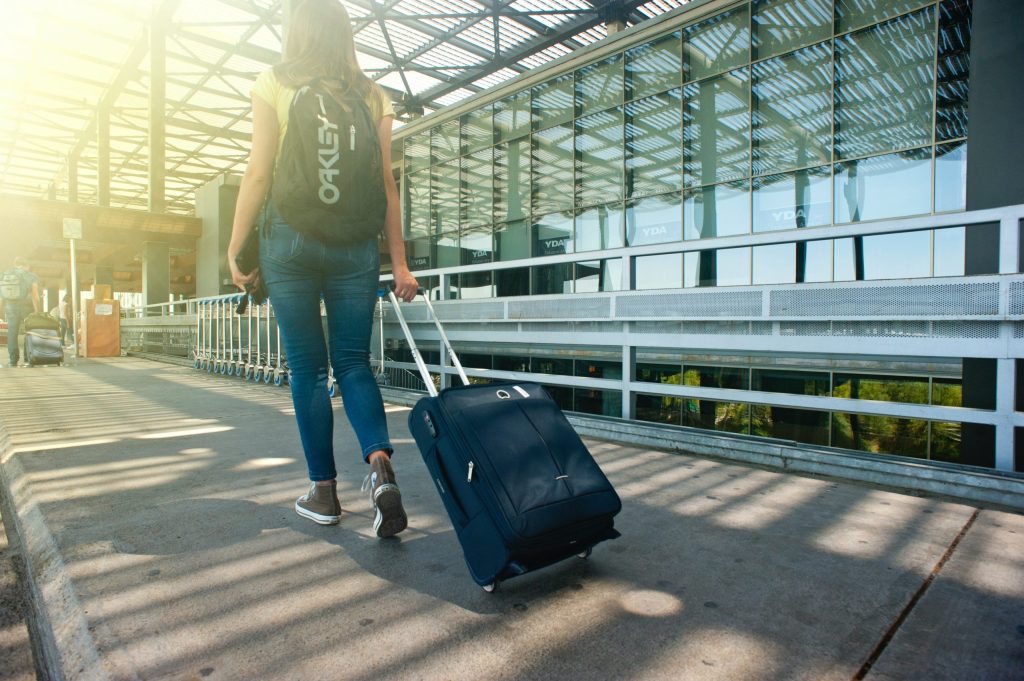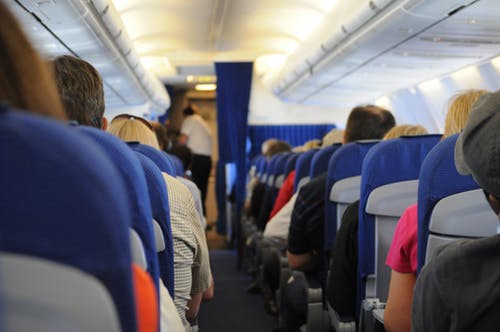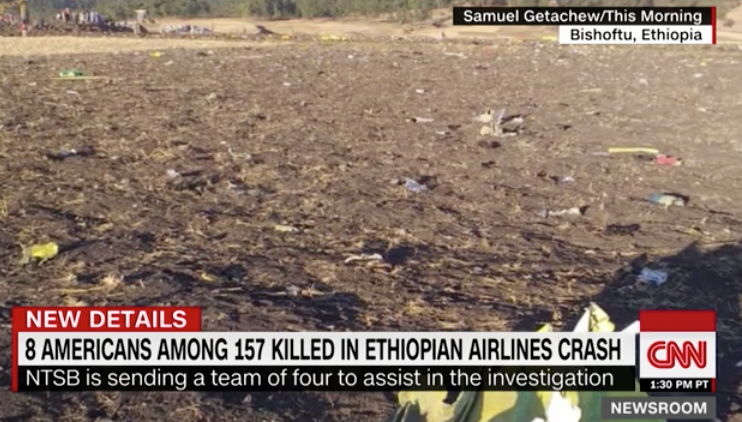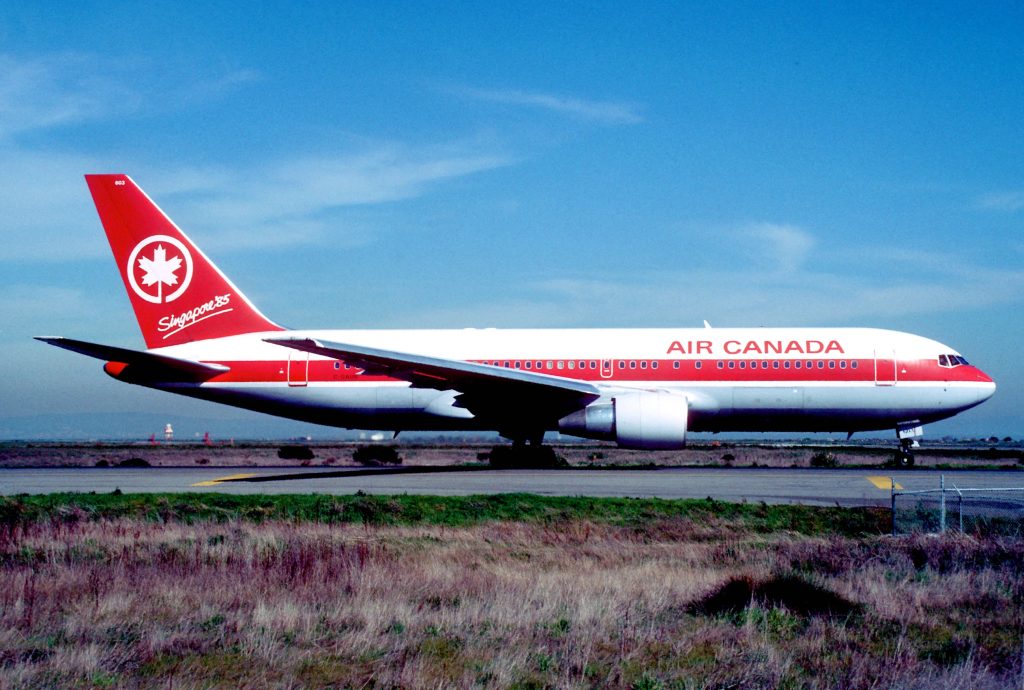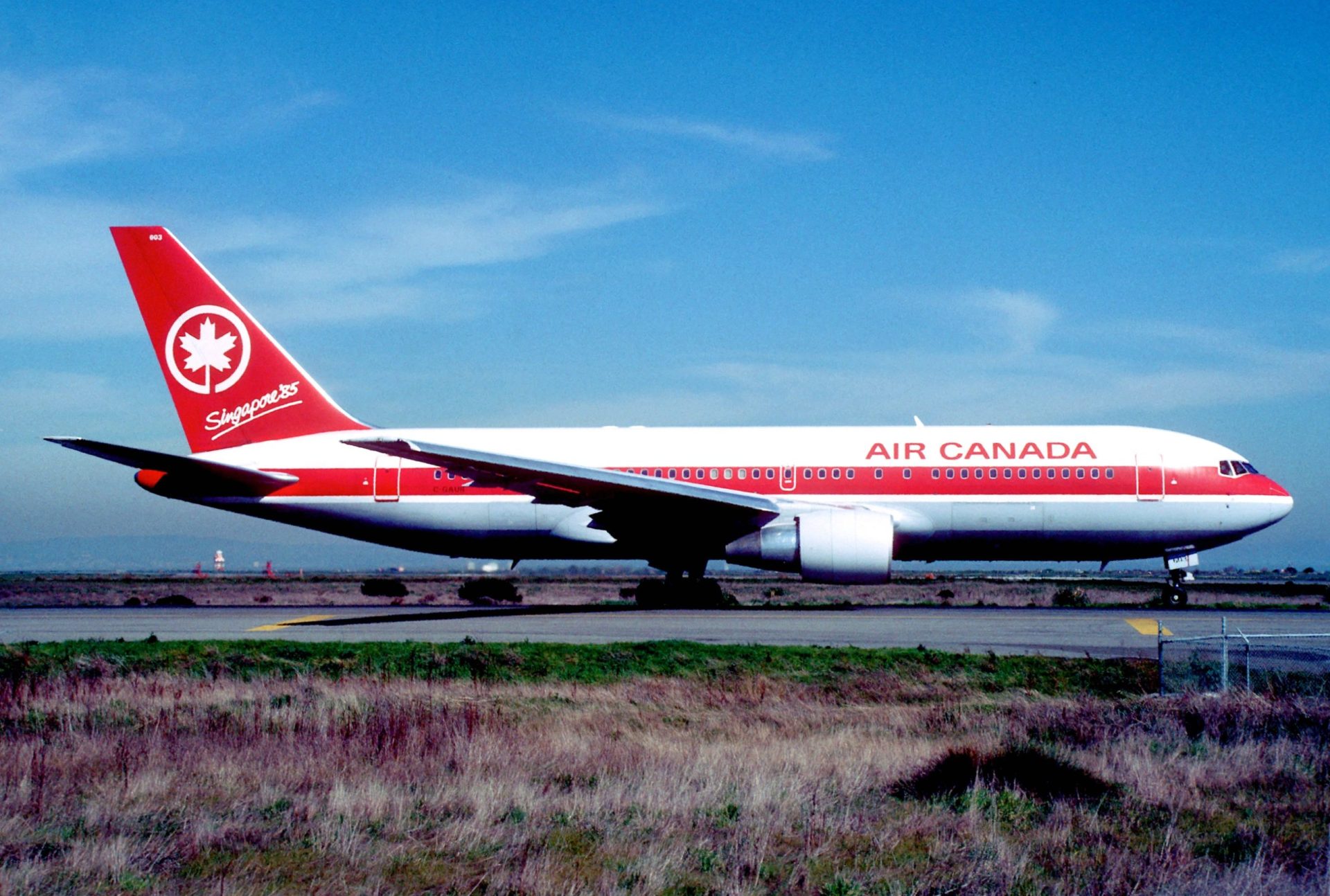- The last year has been a very difficult one for the aerospace and aviation industries. Severe restrictions on travel have turned otherwise crowded airports
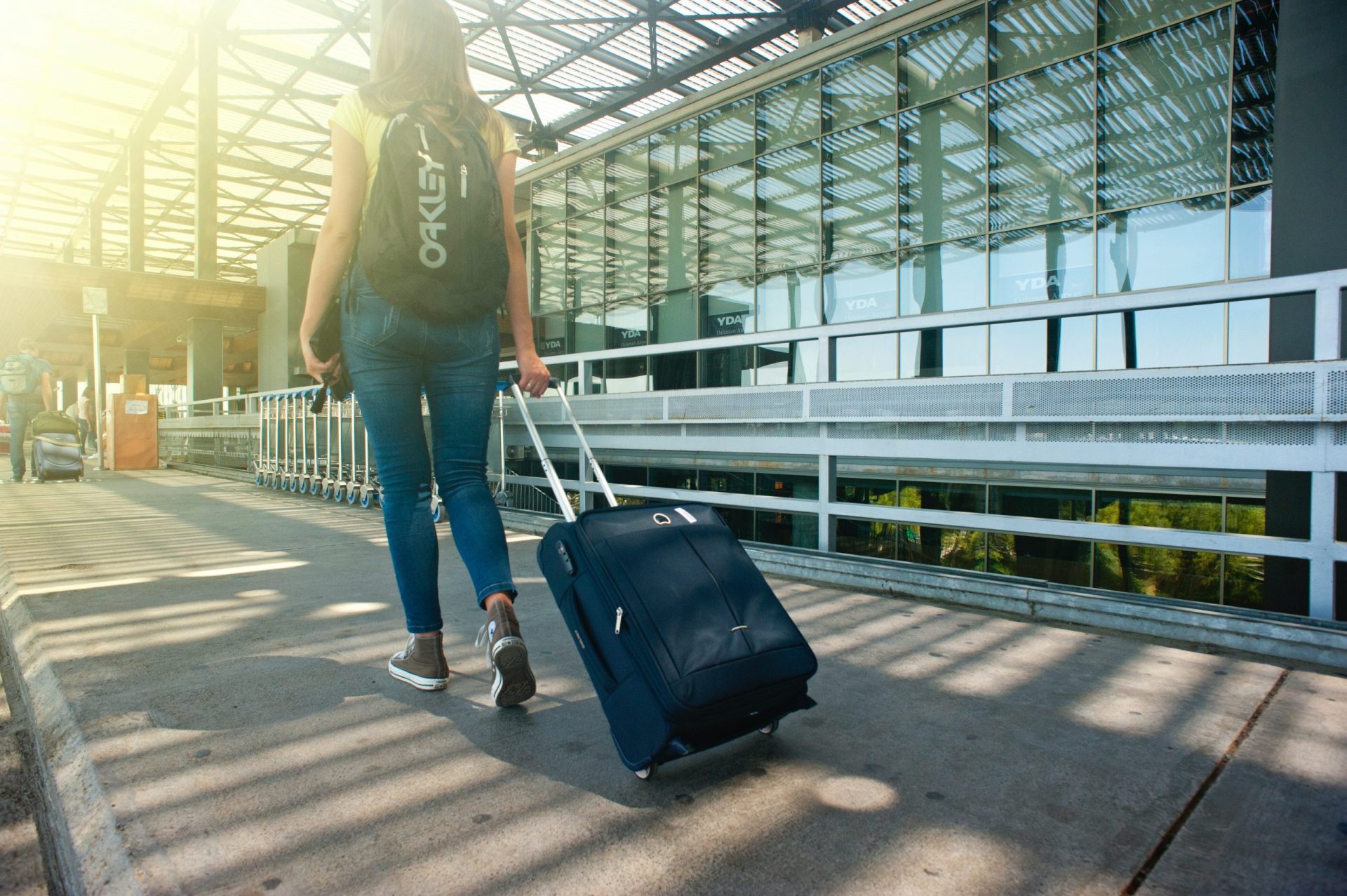
- The last year has been a very difficult one for the aerospace and aviation industries. Severe restrictions on travel have turned otherwise crowded airports
- The last year has been a very difficult one for the aerospace and aviation industries. Severe restrictions on travel have turned otherwise crowded airports
